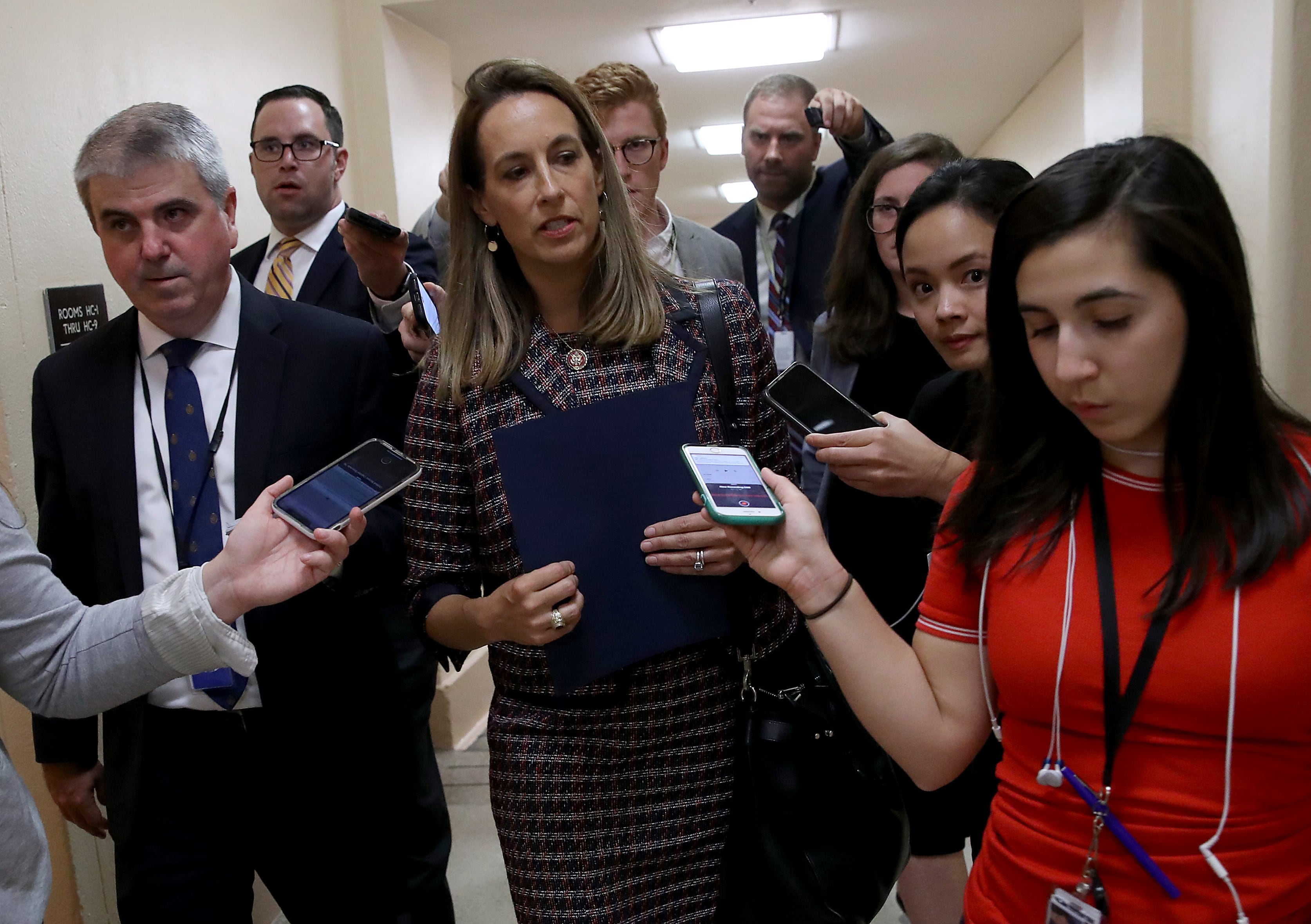With just days to go before the end of his tenure as Army secretary, Eric Fanning has no plans to slow down.
"This is such an incredible, rewarding job that I don't want to think about what's next," he said. "I want to spend every minute in it. My goal is to continue to run to the tape."
Fanning, who was sworn in May 18 after an eight-month confirmation process, will leave office at noon Jan. 20 with the Obama administration.
In his short time on the job, Fanning has made a mark by aggressively pursuing change in how the service conducts business, fighting bureaucracy and connecting with soldiers in new, unprecedented ways.
His experience serving in senior leadership positions in the Navy and Air Force, as well as in the Office of the Secretary of Defense all helped him "hit the ground running," Fanning said. It also didn't hurt that before he was confirmed as Army secretary, Fanning filled the role in an acting capacity and was the acting under secretary of the Army before that.
"My strategy was to sprint this year and treat it like it was a discrete year and treat it like it was going to end," Fanning said.
In an interview Jan. 4 with Army Times, Fanning discussed some of his key accomplishments during his time on the job.
First is opening up service to more Americans who meet the necessary requirements, Fanning said.
This includes opening all of the Army's combat arms jobs, including infantry, armor and special operations, to women. The Army – along with the other services – also moved to allow transgender troops to serve openly.
"We've worked at setting actual, definitive, tested requirements against the needs of the Army," Fanning said. "If someone can meet those requirements, I think it's great they're given the opportunity to serve."
Another one of Fanning's top goals was to focus on emerging threats, "particularly what we were seeing from Russia in Ukraine, where our overmatch wasn't where we wanted it to be or where our capabilities weren't as strong as we thought they were," he said.
Driven by this, the Army is developing institutions and processes, specifically through the newly established Rapid Capabilities Office, that will allow the service to more quickly equip itself and its soldiers to meet those new threats, he said.
Fanning also highlighted the work the Army has done to prepare for the future.
This includes acquisition reform and working to bring in voices that hadn’t before been able to contribute to national security issues or solutions, he said.
As he prepares to leave, Fanning said he will "do whatever I can to help with the transition at any level," he said. "There’s no department in government that needs as smooth a transition as the Department of Defense."
Fanning said he will miss soldiers and the people he works with the most.
"Everyone asks about the trappings, but I’m not going to miss a car and driver. I’m going to miss the people who drive it. I’m going to miss this office because of the people around it," he said. "Being in a military department is so much better than being at OSD, because you’re closer to the troops, you’re closer to those in uniform."

Army Secretary Eric Fanning used social media to connect with soldiers in a way his predecessors never did.
Photo Credit: John Martinez/Army
Spending time with soldiers is rewarding, Fanning said.
"Being out in the field, interacting with soldiers, and doing what they do with them where they do it, that is absolutely hands-down what I’m going to miss most," he said.
Fanning also will miss the job, he said.
"This job offers you an unbelievable opportunity to have an impact," he said. "That’s a rewarding job to have, to improve the lives of people large and small."
There’s a reason why he will be on vacation after leaving the job, Fanning said.
"Nothing can follow this," he said. "There needs to be a reset in the mind before I do anything else. I can’t imagine having a full-time job that follows on the heels of this."
What’s next for him remains to be seen, Fanning said, adding that he’s been thinking about teaching, consulting, writing and speaking.
"I have some larger ideas in mind, and I know some things I want to continue working on, like veterans’ issues and [post-traumatic stress awareness], and I need to find the right place to do that, and the right way and the right place to have a voice."
One more thing Fanning will miss?
His amazing Twitter feed and other social media accounts.
"All the digital media communications we’ve built, when we walk out the door, all of that ends," he said.
He hasn’t decided if he’ll have a personal Twitter account once he’s no longer the Army secretary, Fanning said.
"That was a lot of fun and growing and paying dividends in ways we hadn’t anticipated, and I think we made a big difference in how the Army communicates," he said.
Michelle Tan is the editor of Army Times and Air Force Times. She has covered the military for Military Times since 2005, and has embedded with U.S. troops in Iraq, Afghanistan, Kuwait, Haiti, Gabon and the Horn of Africa.










